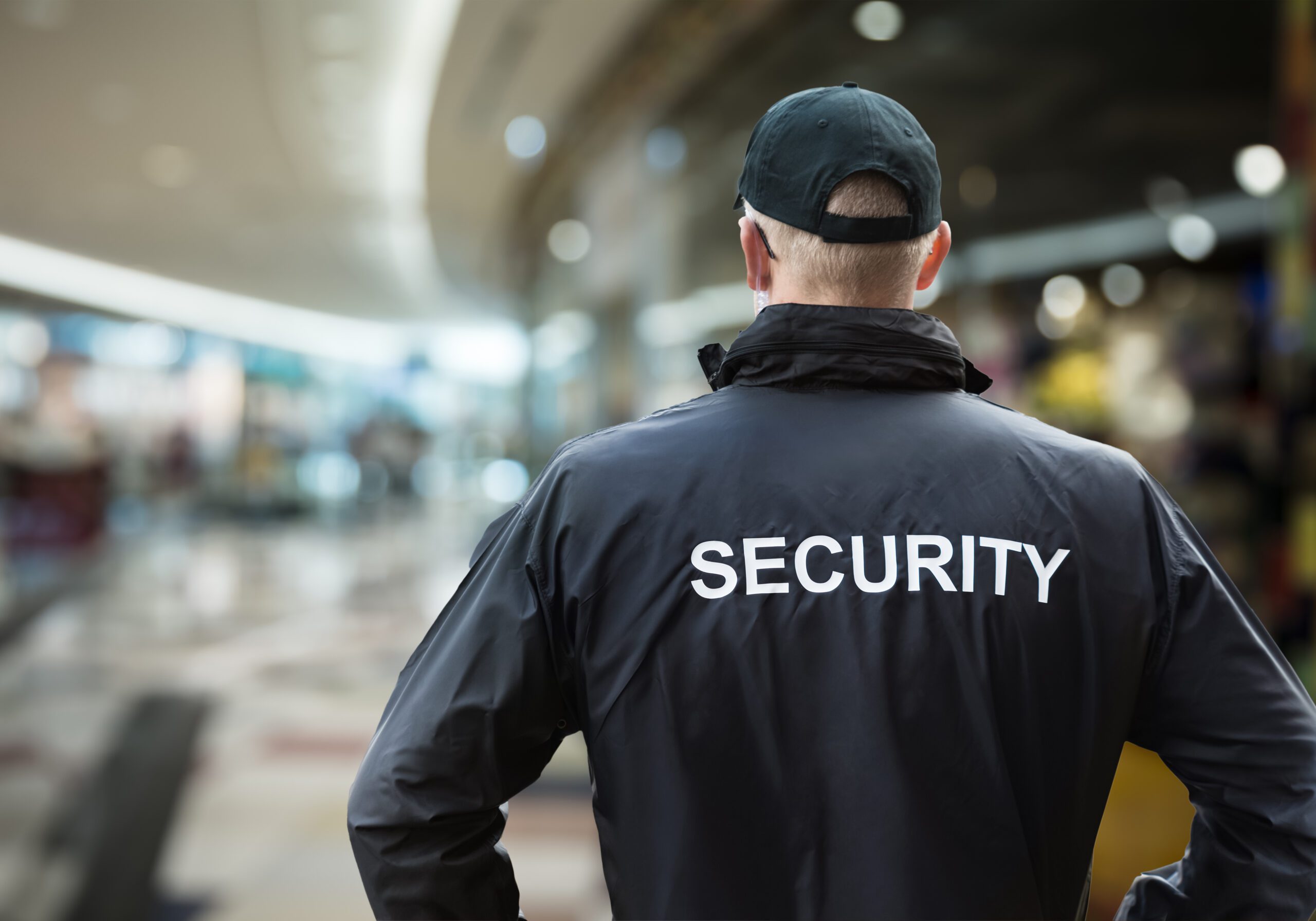If you work retail security, you are on the frontline and are trained to be the first to respond to malicious or criminal activity.
But does this include restraining others?
Read on to find out once and for all where you stand legally.
What is meant by restraining?
Restraining can include retail security physically stopping a person from committing a crime. In most situations, this will be enough to de-escalate the situation and bring it to a halt.
However, in some cases, retail security staff may feel they have to complete a citizen’s arrest in order to detain a criminal, while they wait for the police to arrive at the scene – this is another legal form of restraint.
Situations requiring a citizen’s arrest
A citizen’s arrest can be carried out by any bystander if they see a crime being committed and the police are not yet on scene.
To make sure a citizen’s arrest is warranted, what the accused is doing is the most important factor for retail security staff, as this dictates the reasonableness of completing the arrest.
This means that retail security officers can perform a citizen’s arrest in a retail environment if they have been found committing a crime, as outlined in section 24A of the Police and Criminal Evidence Act 1984 (PACE).
It must be a crime that is deemed serious and would be tried in a Crown Court, including:
- Assault (including physical injury to themselves or others)
- Burglary
- Murder
- Manslaughter
- Terrorism
- Trafficking
- Rape
- Criminal damage (if worth over £5,000)
- Anyone attempting to escape before a police officer is able to assume responsibility for them
As long as retail security on-site suspects an indictable offence, then they may make a citizen’s arrest to stop the crime from taking place.
Common law
As set out by Section 3 of the Criminal Law Act 1967, retail security officers may also use:
[…] such force as is reasonable in the circumstances in the prevention of crime, or in effecting or assisting in the lawful arrest of offenders or suspected offenders or of persons unlawfully at large.
The focus should always remain on the necessity and reasonableness of such force – which, if deemed incorrect, can result in prosecution for assault.
But what does the term reasonable force mean legally, and how does this affect retail security?
What exactly is reasonable force?
Two factors underpin almost any legislation that allows for self-defence, citizen’s arrests, and cessation of illegal acts:
- The necessity of stopping the criminal activity because of the illegal or harmful activities taking place – which we have discussed above
- The reasonability of the force that was used to apprehend criminals
In the UK, there is no written legal definition of what constitutes reasonable force – it is unfortunately subjective and based on the circumstance and the level of threat.
In real terms, using reasonable force for retail security might look like:
- Using restraints, tackling, or using an object as a weapon if retail security, staff, and customers are at risk of assault or to break up fights.
- Tackling and restraining shoplifters until the police arrive.
- Striking an individual who was approaching in a threatening manner, especially if they were brandishing a weapon.
In these same situations, if the retail security were to:
- Harm the individual once restrained, by beating them up for example.
- Hold individuals in a way that is designed to cause harm during a restraint.
- Attack an individual when the situation has de-escalated and nobody else is in danger.
- Pre-plan the use of force or restraints without contacting the police.
- Use a hidden weapon, like a heavy torch, baseball bat, or knuckle-duster.
Then their actions would likely be deemed unreasonable and warrant charging with assault.
All retail security staff must be able to justify and explain their actions – a factor that ensures most, if not all, retail security acts within the bounds of the law during their duties.
Choose SIA-trained retail security
One of the simplest ways to ensure that your retail security is able to deal with aggressive, frightening, or potentially dangerous situations legally and appropriately, is to only hire well-trained and reliable staff.
Good retail security is trusted to be able to make split-second decisions regarding whether to use force or not and how much force is necessary, after first noticing and assessing the situation, contemplating the risks, considering the consequences, and then acting – all within seconds.
If you can’t trust your current retail security staff to do this, it might be worth looking elsewhere for replacement staff.
At T-Class Security UK, we’ve been supplying the highest-quality retail security to premises just like yours, all SIA-trained and capable of offering excellent customer service since 1998.
For more information about how our retail security teams can keep your customers, staff, stock, and premises safe, get in touch today. You can call us on 0203 7948182 or fill in our online contact form for a bespoke quote.






